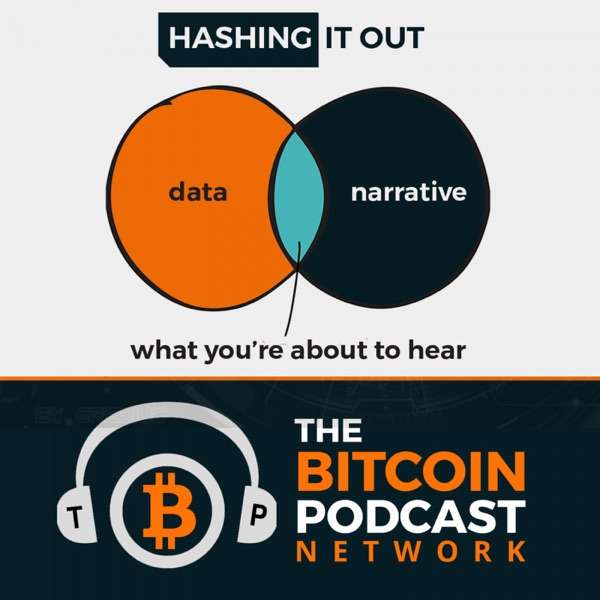Chain Reaction is the Foreign Policy Research Institute’s flagship network of podcast series examining the political, security, economic, and social trends shaping Europe and Eurasia. Throughout the year we are talking with experts about developments in Russia’s war in Ukraine, the new European security order, the past, present, and future of the Baltic States, Russia’s political economy, and great power competition in the region. Join us each month for : The Continent, Bear Market Brief, Baltic Ways, Report in Short
- Home
- Top Charts
- Top Networks
- Top Apps
- Top Independents
- Top Podfluencers
- Top Picks
- Top Business Podcasts
- Top True Crime Podcasts
- Top Finance Podcasts
- Top Comedy Podcasts
- Top Music Podcasts
- Top Womens Podcasts
- Top Kids Podcasts
- Top Sports Podcasts
- Top News Podcasts
- Top Tech Podcasts
- Top Crypto Podcasts
- Top Entrepreneurial Podcasts
- Top Fantasy Sports Podcasts
- Top Political Podcasts
- Top Science Podcasts
- Top Self Help Podcasts
- Top Sports Betting Podcasts
- Top Stocks Podcasts
- Podcast News
- About Us
- Podcast Advertising
- Contact

 Our TOPPODCAST Picks
Our TOPPODCAST Picks  Stay Connected
Stay Connected







